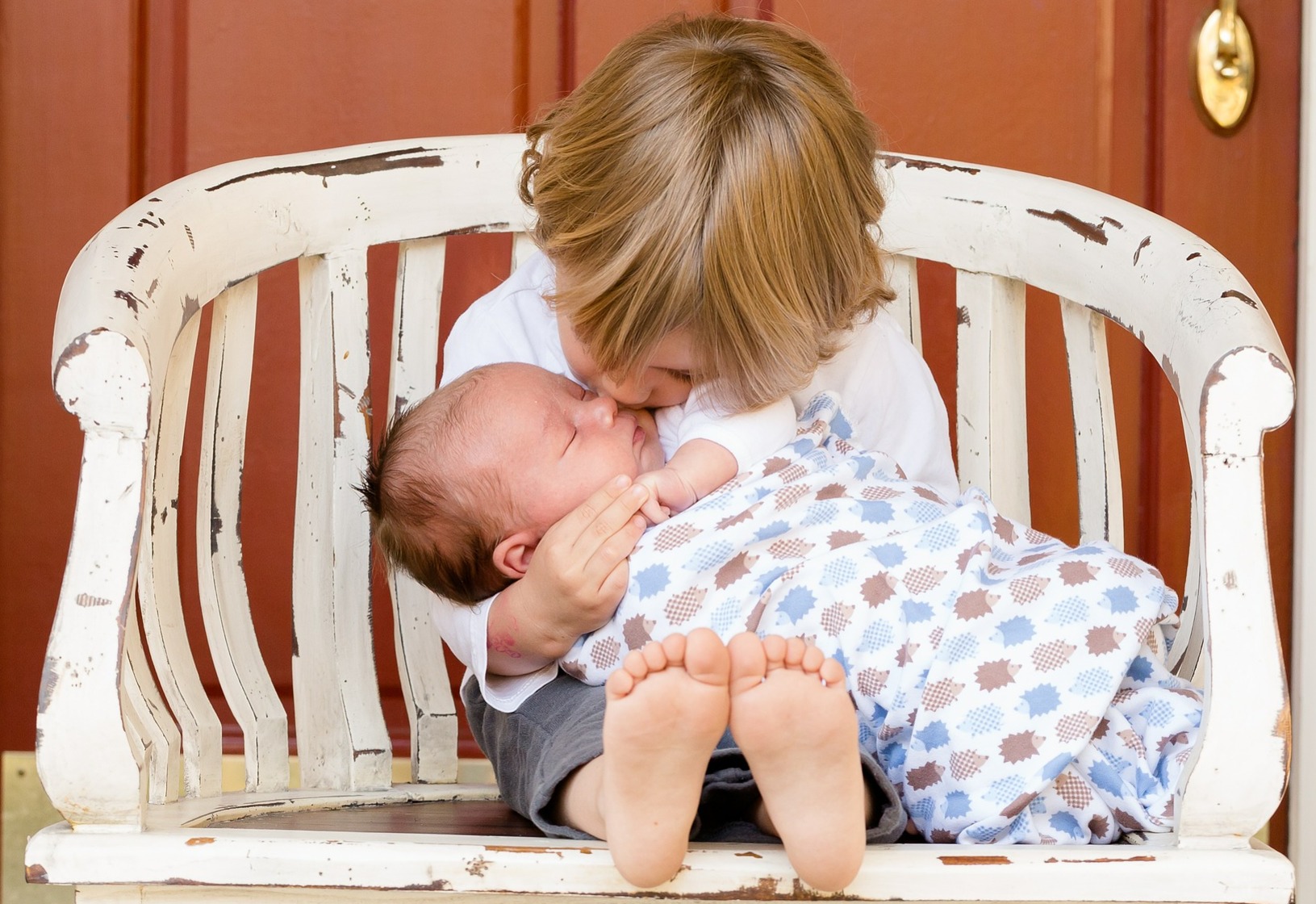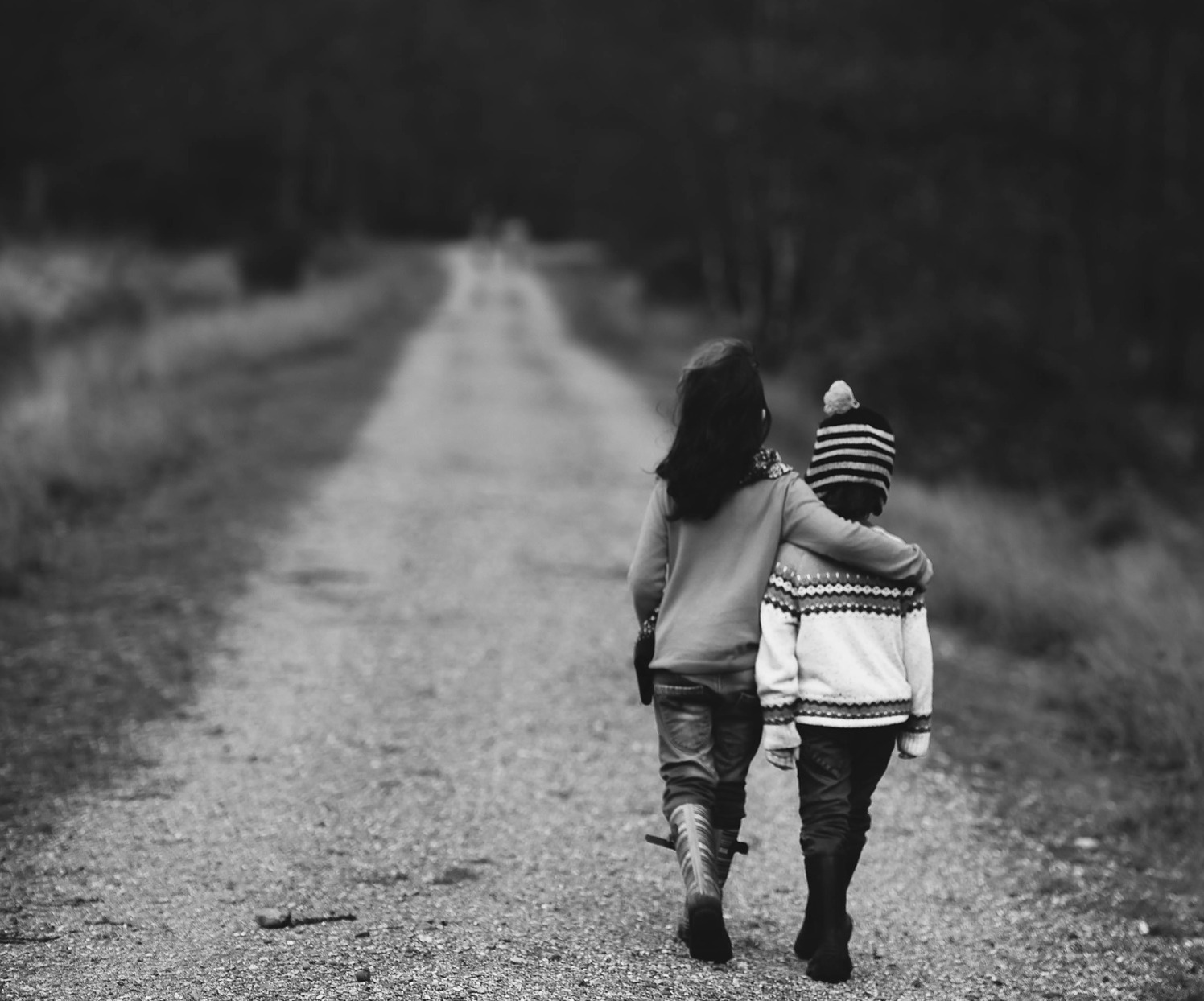Building Resilience
Posted on 9th August 2018 at 11:36
Resilience is the ability to bounce back from stress, adversity, failure, challenges, or even trauma. We believe, it’s not something that children either have or don’t have; like many things in life it’s a skill that kids develop as they grow.


Resilient children are more likely to take healthy risks because they don’t fear falling short of expectations. They are curious, brave, and trusting of their instincts. They know their limits and they push themselves to step outside of their comfort zones. This helps them reach for their long-term goals and it helps them solve problems independently.
All children encounter stress of varying degrees as they grow. Despite their best efforts, parents can’t protect them from all obstacles. Children get poorly, move to new neighbourhoods, encounter bullies and cyberbullies, they take tests and exams, they will have to cope with grief at times and lose friends. These obstacles although small to us adults, are large and all-consuming to children. All these experiences are powerful in building up resilience and character in your child, and even if the lessons learnt don’t change their behaviour straight away, that experience will most definitely help them in later life when faced with a similar difficulty or hurdle.
Very young children who have only recently mastered the skills of walking and talking, may struggle to express their frustrations, anxieties and fears.
It’s easy to think they are too young to understand what is happening, but it’s possible for, even very young, children to absorb frightening events or conversations they overhear.
There are key signs that you can look for that may indicate fear and anxiety in young children.
Becoming extra clingy, needing more hugs and kisses.
Bed wetting or sucking their thumb after you thought they had outgrown it.
You can use play to help your children express their fears. Art is great to encourage expression and pretend games to express feelings that they might not be able to communicate in words.
During times of stress and change, spend more time with your children playing games, reading to them or just holding them close. Routine is important with young children, so sticking to what is “the norm” will help reassure.
There are things you can try to help make your child more resilient:
Build a Strong Emotional Connection
Spend one-on-one time with your children: They develop coping skills within the context of caring relationships, so it’s important to spend one-on-one time with them. When children know they have the unconditional support of a parent, family member, or even a teacher, they feel empowered to seek guidance and make attempts to work through difficult situations.
Promote Healthy Risk-Taking
Encourage children to take healthy risks. What’s a healthy risk? Something that pushes a child to go outside of their comfort zone but results in very little harm if they are unsuccessful. Examples include trying a new sport, participating in the school play, or striking up a conversation with a shy child. When children embrace risks, they learn to push themselves.
Handle Feelings
When stress kicks in, emotions run high. Teach your child that all feelings are important and that labelling their feelings can help them make sense of what they’re experiencing. Tell them it’s okay to feel anxious, sad or jealous and reassure them that bad feelings usually pass.
Look on the Bright Side
Optimism and resilience go hand in hand. Some children may appear more naturally optimistic than others, but optimism can be nurtured. If you have a mini pessimist on your hands, acknowledge the feelings that lead to pessimistic thinking and teach your child to reframe his / her thoughts to find the positive.
Go Outside
Exercise helps strengthen the brain and make it more resilient to stress and adversity. While team sports are the most popular method of exercise for children, if they don’t appeal to your child, encourage them to try cycling, playing tag, or even just swinging at the playground. These are all great ways for children to engage in free play that also builds resilience and how they like to play outside isn’t important it’s just getting them out in the fresh air that’s the key.
Tagged as: Building Resilience In Children, childcare buckinghamshire, Childcare Newport Pagnell, Quality childcare Olney
Share this post:







